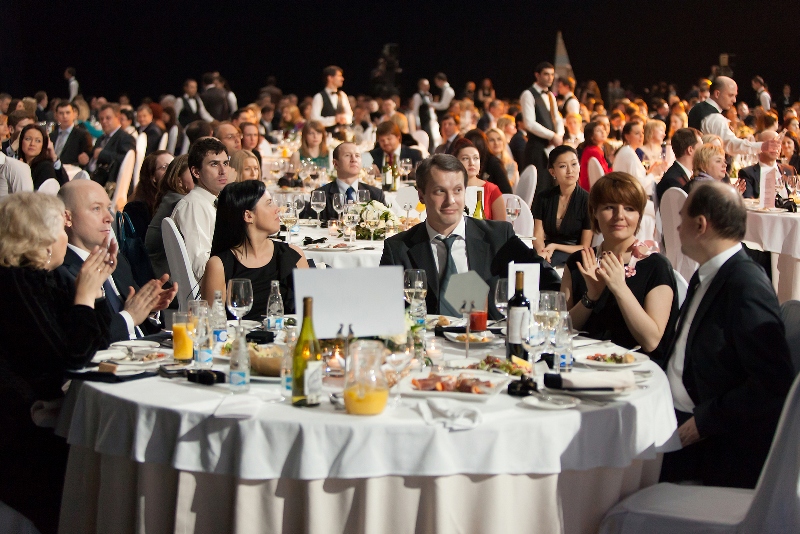Before answering that question, it is worth reminding ourselves about the characteristics of the corporate meetings market and why corporate organisations invest their money in holding meetings. Corporate meetings may be defined as gatherings of employees or other stakeholders of commercial organisations. Usually the employees’ attendance is compulsory and the travel, accommodation and catering expenses are funded by their employer.
Companies – large and small – have a number of reasons for organising meetings, but all are in some way linked to their need to operate effectively in the field of business.
Types of corporate meetings
Two types of corporate meeting may be identified:
• Internal meetings – for employees
For example, meetings held for the purpose of training staff in the skills and techniques that they need in order to perform well in the workplace – selling skills, customer relations skills, information technology skills and so on, depending on the nature of the company’s business.
Other types of corporate meetings may be arranged with the objective of giving managers the opportunity to discuss the company’s future strategies – for marketing, expansion, crisis management and so on. Most such meetings are comparatively small (ranging from a handful of employees to several dozen) and last one or two days on average.
• External meetings – for other stakeholders of the company
For example, shareholders’ meetings, product presentations, press conferences – where those attending are not direct employees of the company. These may last for only an hour or two.
An alternative method of classifying corporate events is to categorize them according to the primary objective for which the event is being held. Accordingly, the three principal categories are:
• Legal/constitutional: Internal or external meetings held for the purpose of, for instance, electing company directors or voting on business strategies.
• Commercial: Events designed directly to boost sales of the company’s products or services. For example, new product presentations to clients or potential clients; or training sessions for members of the company’s sales-force.
• Social: Events held with the aim of strengthening bonds between staff members or between representatives of the company and its key clients. For example, management retreats, team-building events and corporate hospitality days.
However they are classified, corporate events generally have three principal objectives: to educate; to inspire; and to provide the participants with opportunities for networking with each other.
Sometimes, corporate meetings are held in the companies’ own offices, with no need for an external venue of any kind. However, most companies recognise that in the main there are many compelling reasons for holding their meetings off-site. These are:
– a lack of seating capacity or technical equipment in their own premises (few company offices have facilities and the necessary audio-visual equipment for large meetings)
– the need to give staff a break from their normal working environment (to help them to focus on the meeting by setting them free from day-to-day work-related distractions; to help them think more creatively, in a different setting)
– the wish to motivate staff by holding the meeting in an attractive venue, possibly with leisure elements, such as golf or a spa, added
– the need to keep proceedings confidential, when, for example, sensitive topics, such as redundancies, are under discussion
– the need to meet on ‘neutral’ grounds, as, for instance, when representatives from two companies are meeting to discuss a merger or the acquisition of one company by the other.
We know that they are increasingly choosing venues on the basis of which ones make the most strategic sense for their events. That means that they are thinking in terms of what advantages venues can bring to their meetings. Meeting planners are increasingly expecting venues not only to accommodate their events, but also to enhance them in some way, through their design, architecture, atmosphere or history, for example.
The strategic approach to booking venues for corporate events means that a growing number of corporate meeting planners are taking into account the extent to which venues can reinforce their own organisation’s brand.
Brands are precious to organisations because they can deliver customers’ preference for their products or services, thus increasing sales; they can help attract the best employees; and they can help to build the overall value of the company.
 Everything that a company does should be consistent with the clear, positive brand that it is trying to project to its customers, staff and other stakeholders: its products, its recruitment, all of its marketing activities from advertising to sponsorship, and … the venues it chooses for the meetings and events it holds.
Everything that a company does should be consistent with the clear, positive brand that it is trying to project to its customers, staff and other stakeholders: its products, its recruitment, all of its marketing activities from advertising to sponsorship, and … the venues it chooses for the meetings and events it holds.
The choice of the wrong type of venue can confuse the company’s brand. For example, an information technology company wishing to project a brand that is young, contemporary and cutting-edge would be unlikely to choose a historic property as a venue for its events, as this would confuse its brand. On the other hand, a company such as a bank, wishing to project a brand that is based on tradition, strength, and security may select a castle as a venue, for example, in order to reinforce its distinctive brand values.
Companies with any kind of ‘green’ brand will seek to reinforce their public image by choosing venues that clearly display their sustainability credentials to meetings participants, through for example obvious recycling and energy conservation actions.
In the future, those people who are responsible for marketing all types of venues will have to understand the growing importance of brand values and how they can affect corporate meeting planners’ choice of venue. This is something that they will have to integrate into their conversations and negotiations with corporate meeting planners.










































 Srpski
Srpski English
English